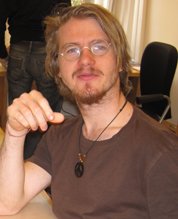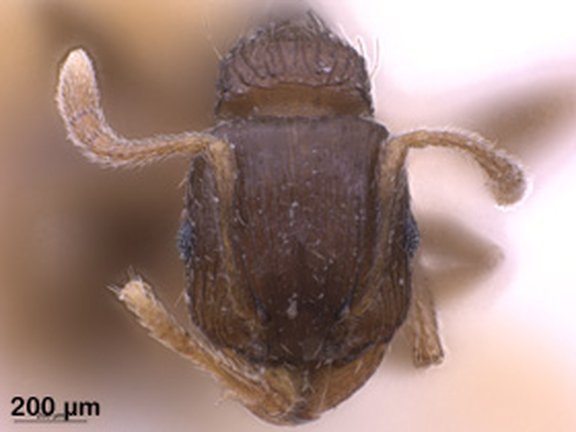
Based on a multidisciplinary approach, Herbert revises the taxonomy and aims to understand the evolution of the Tetramorium caespitum/impurum complex. Therefore, his team collected several thousand nest samples from 35 nations in Europe, Anatolia, the Caucasus, and Central Asia. Their investigation is based on integrative taxonomy, i.e., the combination of independent methods using the same biological samples. More than 900 ants were used for traditional morphometric analyses of 32 characters. Qualitative genital-structure investigations of males complement the morphological data. For genetic investigation, they sequenced a mitochondrial gene and scored amplified-fragment-length polymorphisms.

Based on our multidisciplinary dataset, Herbert demonstrates the presence of ten well-separated European species and uses this insight for our taxonomic revision. Also a determination key using discriminant analyses of morphometric data is made; using the new characters, more than 97% of the nest samples can be determined. Hybridization between species is rare. Two species of the complex are newly described.
Mag. Herbert Christian Wagner
University of Innsbruck
Institute of Ecology
Molecular Ecology Research Group
email: Herbert.Wagner@uibk.ac.at

